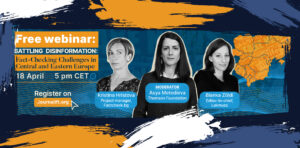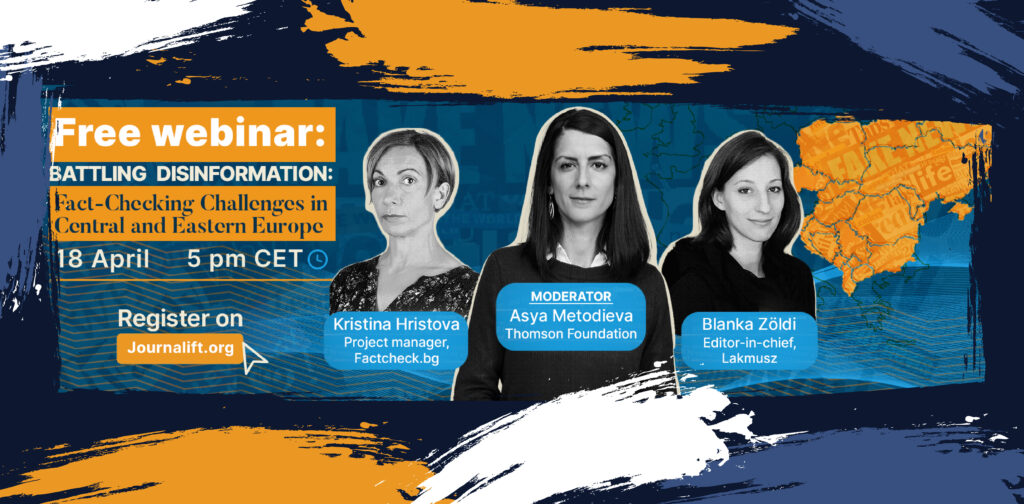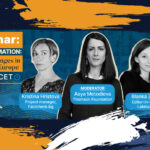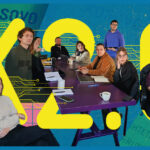How to make readers pay for online content? The billion-euro question of modern publishing has more than one answer. Publishers have tried many tactics with various degrees of success. Some of them bet on exclusive niche content, others offer club membership with various perks, ask for donations or mix all approaches in appealing subscription bundles.
What most successful models seem to share is a well-articulated added value proposition. Journalists and media managers sometimes forget that paying readers have a very down-to-earth transactional approach to media.
The average reader expects something relevant, and immediate, in return for their investment - be it information that will help them make the right decision, crosswords or a free e-book.
Selling online subscription in Eastern and Central Europe is challenging but not impossible

Offering online subscription to readers in economically distressed markets like some of those in Eastern and Central Europe is particularly difficult but not impossible. In this article, I share my experience in incorporating educational content in the form of courses and series offered to online and offline readers of one legacy media.
The media organisation I work for is a typical legacy one. LIDOVE NOVINY, the oldest Czech newspaper, will celebrate 130 years in December. Not surprisingly, the printed version of the paper experiences long-term decline, whereas the online version LIDOVKY.CZ prospers.
Almost three years ago, LIDOVKY.CZ introduced a premium online subscription. Since then, we meticulously followed what type of content generates the so-called “conversions” of non-paying readers into paying ones.
Added value: Offering non-news quality content

Our team realised that one of the most successful lines of content was something we had developed much earlier in the printed paper:
The idea was simple - in addition to the traditional news stories, comments, and supplements we could offer added value by publishing regular non-news quality content. We began with English and German language courses and gradually expanded to preparatory courses for high school maths and literature exams, as well as basic financial and legal courses, historical series, etc. The content is prepared by outside experts but substantially edited by journalists. Each course or series lasts three to five weeks, and their parts are published daily with a special subscription offer sold for the duration of the project.


This model helped our paper perform above the circulation market averages for years. And most importantly, it worked online as well. Re-using the educational model for the web environment we enriched the content with audios, videos and picture galleries where suitable.
We also realised that the online version of the courses and series had one additional advantage: some of them were long-tail content, i.e. they continued to generate subscriptions weeks and even months after publication.
Courses as a tool for attracting young journalists

During my latest assignment as a mentor, I came across another way to use education in media development. The Bulgarian human rights media MARGINALIA.BG carried on a successful course called “Young Marginalia. Digital media and human rights journalism” designed to achieve two main results: attracting young journalists as collaborators and boosting young audiences.
The program comprised two modules: educational course and practical fieldwork followed by a campaign to promote the content produced by the participants. In the first module, the enrolled participants, mostly journalism students, received training from the staff members in a series of lectures and workshops. In the fieldwork module, they reported from socially excluded areas. The resulting stories were published on Marginalia website and promoted on social media with great success.
In conclusion, offering added-value educational content and activities can be part of the recipe for sustainability of news media in difficult markets, increasing subscriptions and audience, and positively impacting local and national communities. Educational courses, furthermore, can help to inspire and cultivate the next generation of authors and readers.
































